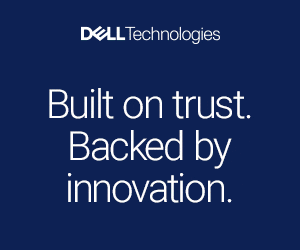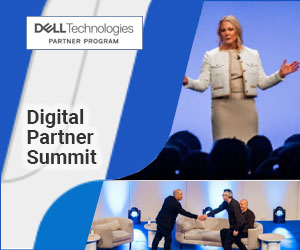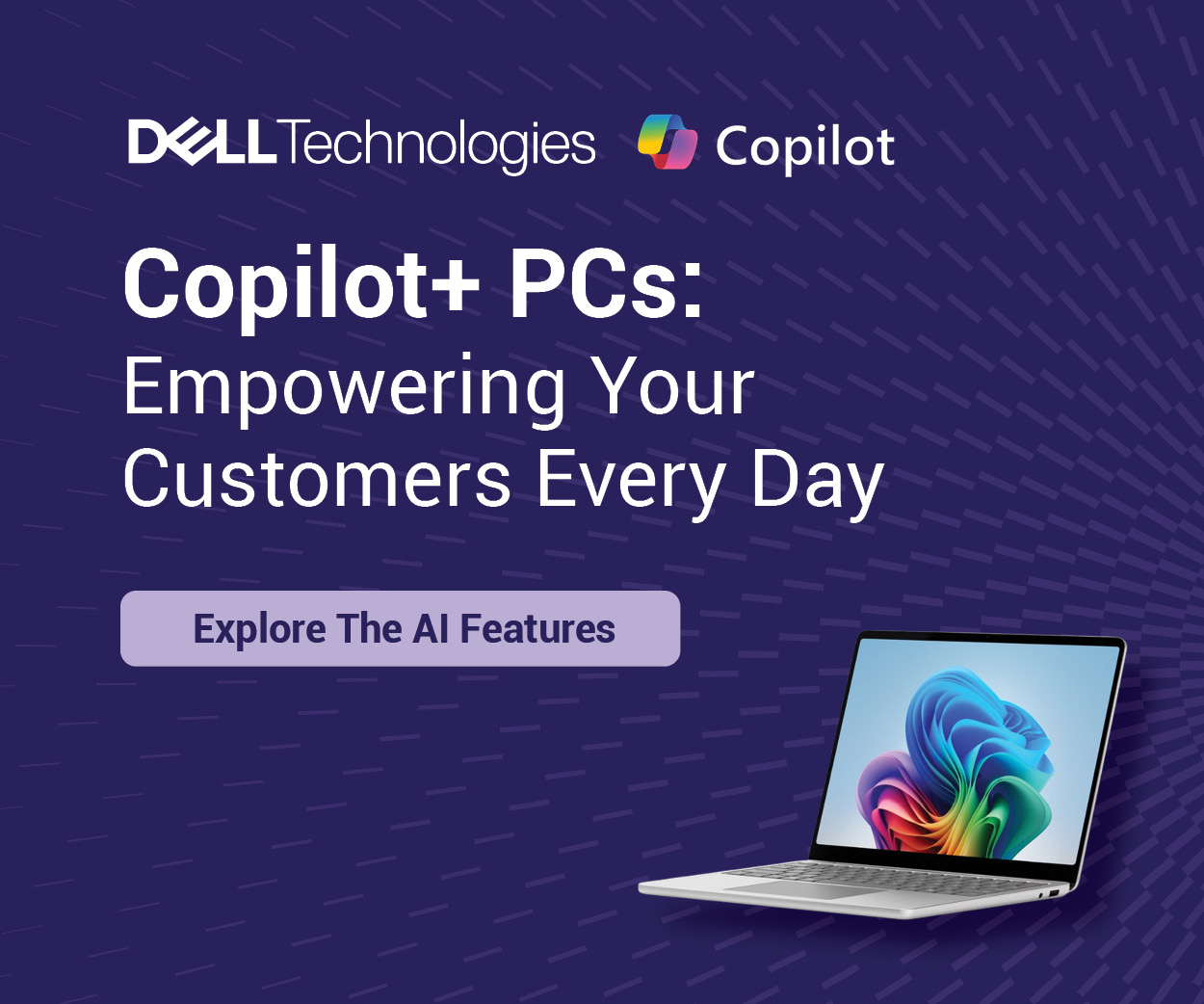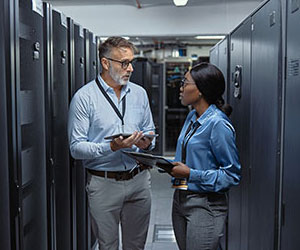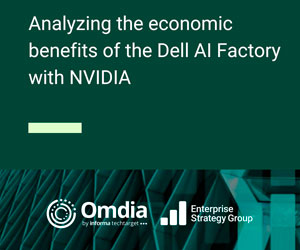As a technology expert, you are well aware of the profound impact that AI will create in today’s world. The main challenge that comes with this though, is the resulting increased energy demand that larger AI workloads are requiring. As such, the imperative is for all of us to find meaningful ways in which to offset the side effects that are caused by the growing energy needs for AI initiatives.
Let’s face it. More and more customer organizations are requiring that sustainability be taken into account when dealing with procurement partners. For technology providers this is especially the case. So, how do technology providers demonstrate their commitment to sustainability? The answer lies in them choosing the right partners – those partners that have articulated their commitment to sustainability, and more importantly are executing on their commitment.
Dell Technologies understands how critical it is to sustainably manage power hungry GenAI. Their approach to sustainable AI is end-to-end from the helping customers operate their IT environment more efficiently using intelligent insights that help inform decision making, all while prioritizing circularity whenever possible to reduce waste.
This in turn shapes how they help both partners and shared customers to meet their business and societal impact goals.
Dell Technologies doesn’t just ‘talk the talk’ with sustainability
But don’t take my word for it. Dell is clearly executing a sustainability strategy in all areas of their business. Everything from sustainable data center solutions like storage and servers built with leading liquid and air cooling, emissions tracking, and energy efficiency has all become top of mind. It includes the low emissions aluminum and recycled cobalt in their AI PCs, along with multipack shipping options to reduce emissions from logistics and waste. It’s also present in their recovery and recycling services for the responsible retirement or reuse of systems and the reduction of e-waste.
They consider sustainability in services offerings as well. Dell APEX is a prime example of this. These solutions could help reduce the overall emissions of IT operations. It’s also the discussions they have with their customers and partners about their sustainability needs and helping them to right-size their workloads while advising on renewable energy sources. Finally, as a global leader, Dell collaborates across industries to drive sustainability initiatives, ensuring compliance with regulations and fostering cross-organizational cooperation for environmental stewardship.




